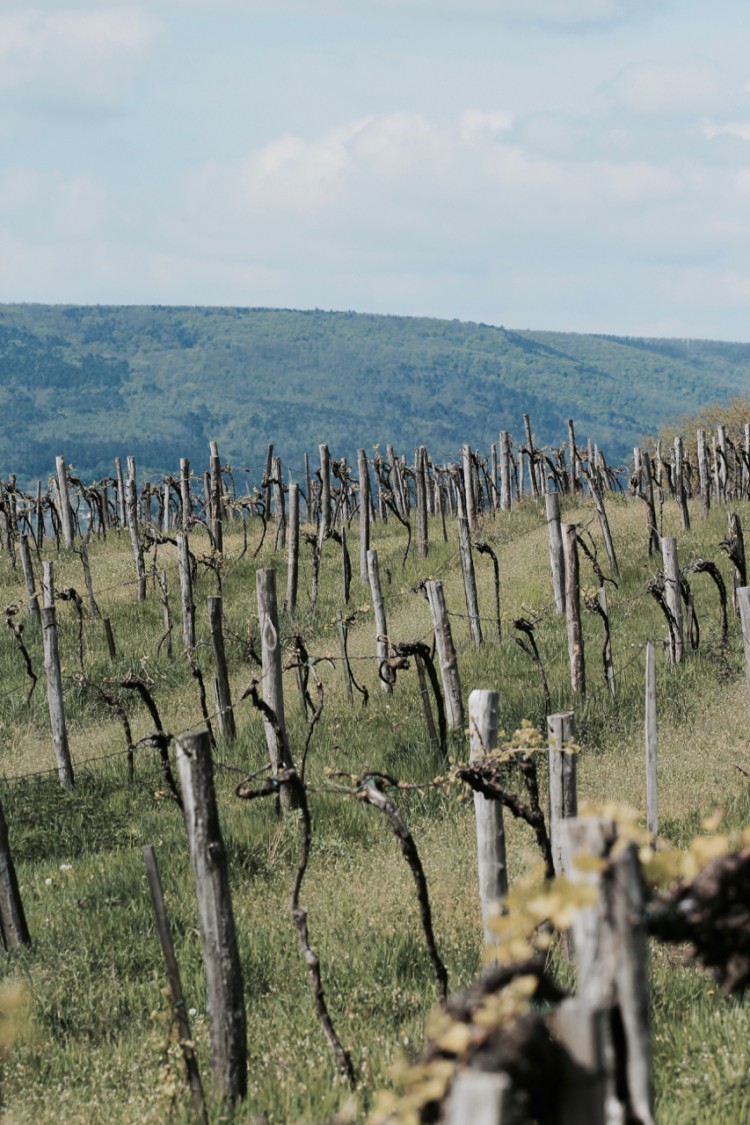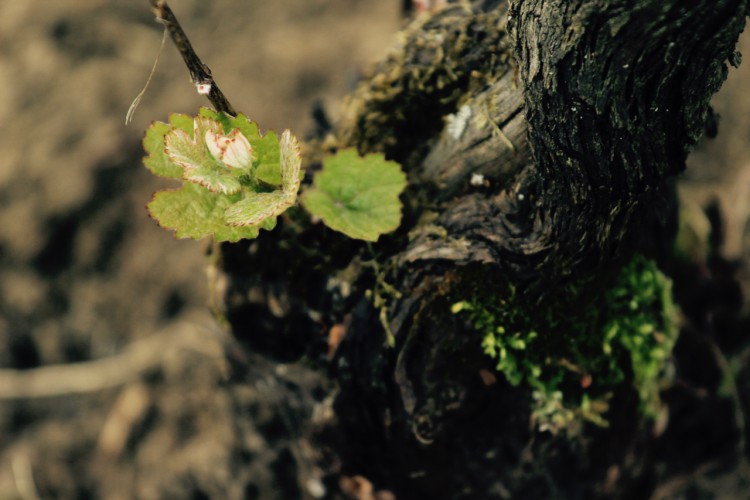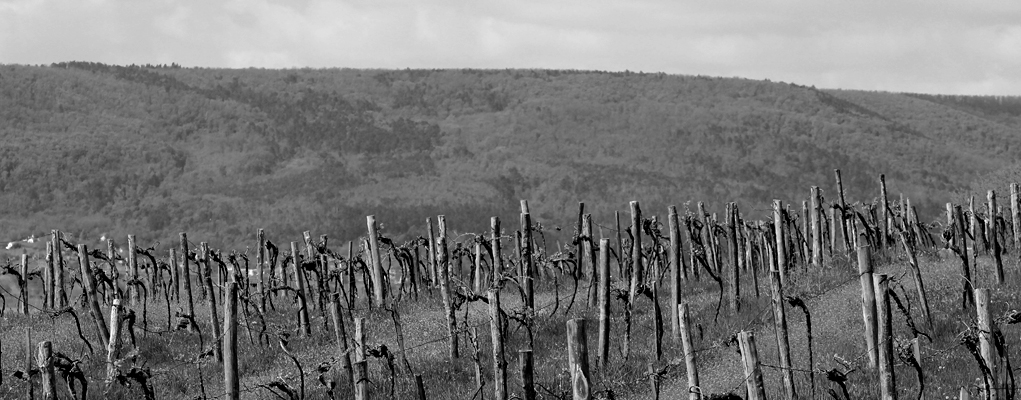About old vines
By frequently visiting wine regions abroad and events, I taste many old vine wines. It is quite common that they are at age 50, 80 or even 100, cultivated with great care and expertise by 3 or 4 generations. These vineyards are great merits and represent greatly their country's wine culture.

When I speak with winemakers they always like to ask me about the age of our vines at Bencze Birtok. So I tell them that our oldest plantation is from 1976, which means 41 years in 2017. This fact they approve with graceful smiles and admitting that our vines are still quite young.
This is not a competition, but is a known fact that older vines are more experienced and less sensitive to the capricious vintages we have been having. I find that old vine wines tend to be more about the terroir than about the grape variety itself. The reason being in consistency is that over the years plants develop a natural balance in smaller yield which results in more concentrated grapes.
My other assumption is based on the soil life which supposedly stays uninterrupted for so long. I believe its quality defines the portrayal of terroir in wines. I believe there are very few old plantations which have not been disturbed by the conventional pesticides or other chemicals of the 21th century. But if they exist they must practically be forests.
In February 2017, I have been to a multi-vertical tasting of Bott Pince wines from Tokaj. I think it was one of the best events I have ever been to. The owners/winemakers Judit and Jozsef told us their story, shared their experiences while showing us their wines from the last 10 years. Judit has mentioned a vineyard called Csontos. Some parts of the parcel had turned into a forest over the last 100 years. They had to cut back the trees to be able to work with about 2 hectares of approximately 1200 vines of unique Furmint, aged 100 years. Unfortunately, in the end due to high costs of cultivation and very low yield they had to replant the vineyard.
So this makes me wonder: is there any point in saving old vines? What should decide: economic, rational thinking or overcoming professional challenges? Well, the answer is very different at each and every winery. But I think we should lean towards saving old vines. At least, to me it is quite important to deal with issues which make my heart beat faster.
But I have to admit that there are very young plantations which produce unique and outstanding wines. Last December, I have tasted Rhein Riesling from István Németh (Badacsony hill). The wine is vintage 1995 when his Riesling vines were only 5 years old. Needless to say it is an impeccable wine to this day.
I have so much to think about taking in account both sides. Do we really need to harvest from old vines to make great wines? What is a great wine? Mature and focused? A great wine means exceptional levels of wine compounds? Or is less more? What does a great wine mean to others? Should it represent the grape variety and the terroir as well? Should it be easy to drink or a masterpiece that is hard to decipher.
Maybe it is not a sensible word to use: great. It doesn't indicate which point of the wine is great. For me it should be elegant, smooth, light and easy to drink. Just the right balance between grape variety and terroir. My goal is to make the characters of the fruit itself shine through the wine. But if I stick with this opinion there is no point in saving old vineyards.

So this made me decide with re-plantation. If the vintage allows us, this year will be the first to harvest grapes from our Rhein Riesling planted in 2015. Thus we can finally renew the vines from 1976 because the younger vines will yield this year. For now, we have only started with two rows and trying develop spurs closer to ground level.
We would like to experiment with bush training or low-trained Guyot and then we will have more space to plant new grafts. By doing so, the plan is to achieve 8000 vines / hectare. My only concerns are soil and weed management. We plan to use less steel in the training system to accomplish a more natural look. I would like to keep some areas with trees and bushes in the vineyard to boost biodiversity. But I am a bit worried that starlings might use these plants to get some rest during guzzling from our clusters.
Soon we will find out what these experiments and the future hold for us...
/ István Bencze /
